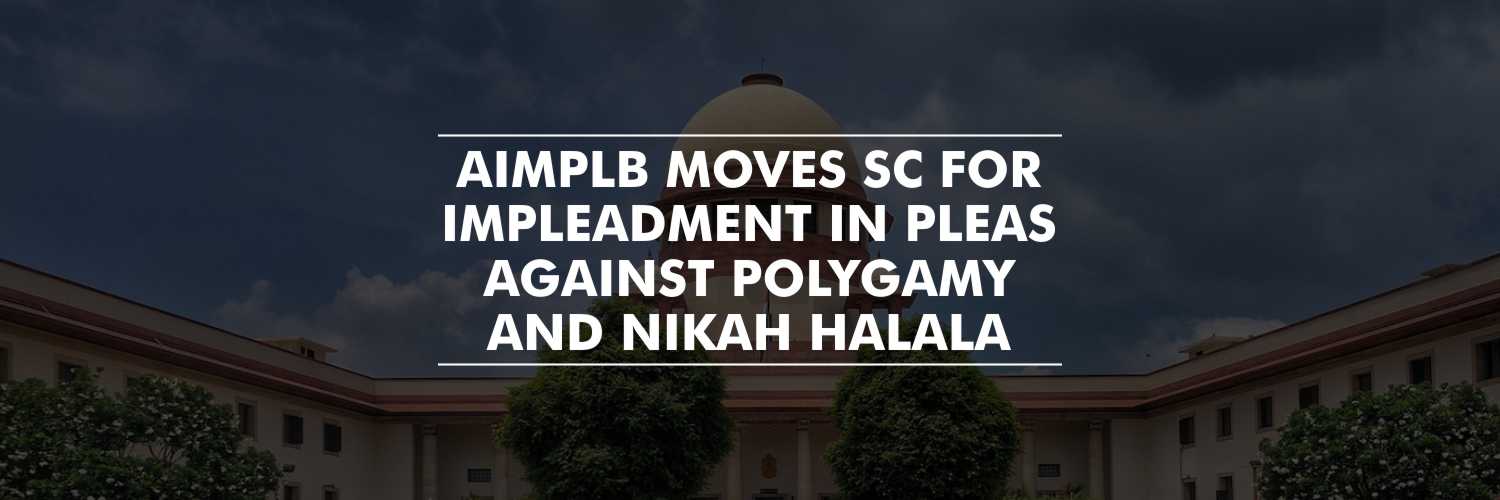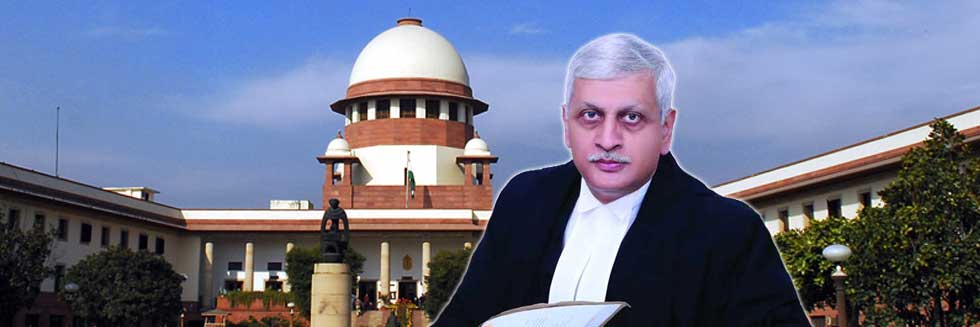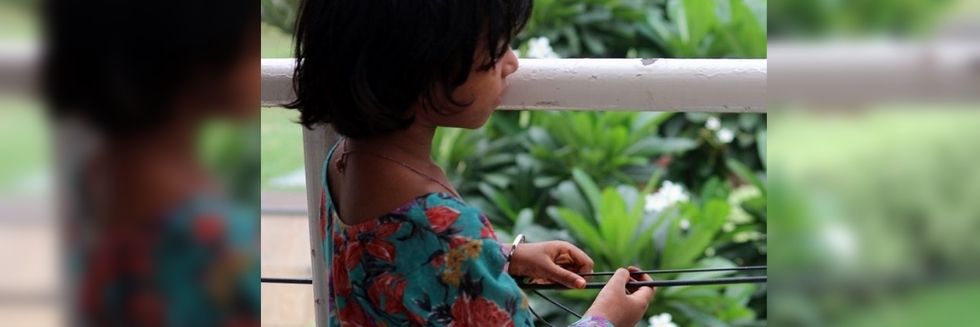On 27 January, the All India Muslim Personal Law Board has moved the Supreme Court seeking impleadment in petitions challenging the constitutional validity of polygamy and nikah halala, practiced among Muslims.
Earlier in the verdict of 1997, the Supreme Court had declined to entertain the petitions challenging the practice of polygamy and nikah halala in Muslims. Later, in March 2018, a three-judge bench headed by Chief Justice Dipak Misra had decided to examine the constitutional validity of both the Islamic practices. It was held by the apex court that these are matters wholly involving issues of state policies, to be dealt with by the Legislature, which the court would not ordinarily concern itself with.
Arguing with the contention of challenging the constitutional validity of the Islamic practices, the petition stated that “The AIMPLB has been working continuously for protecting the Muslim personal law, which is part of Islamic culture and tradition.” It further emphasized that the Muslim personal law is inextricably woven with the religion of Islam and hence, it is a matter of freedom of conscience guaranteed under Article 25, 2 and 29 of the Indian Constitution.
AIMPLB further argued in its petition that the personal laws do not derive their validity on the ground that they have been passed or made by the legislature or by other competent authority. “The Mohammedan law is founded essentially on the Holy Quran and the Hadith of the Prophet Mohammed and thus it can’t fall within the purview of expression ‘laws in force’ as mentioned in Article 13 of the Constitution and hence its validity cannot be tested,” asserted the petition.
As per the Muslim law, polygamy allows a Muslim man to have four wives, while nikah halala prescribes that a Muslim woman, who wants to remarry her husband after divorce has to first marry another man and get a divorce from him after consummating the marriage.






